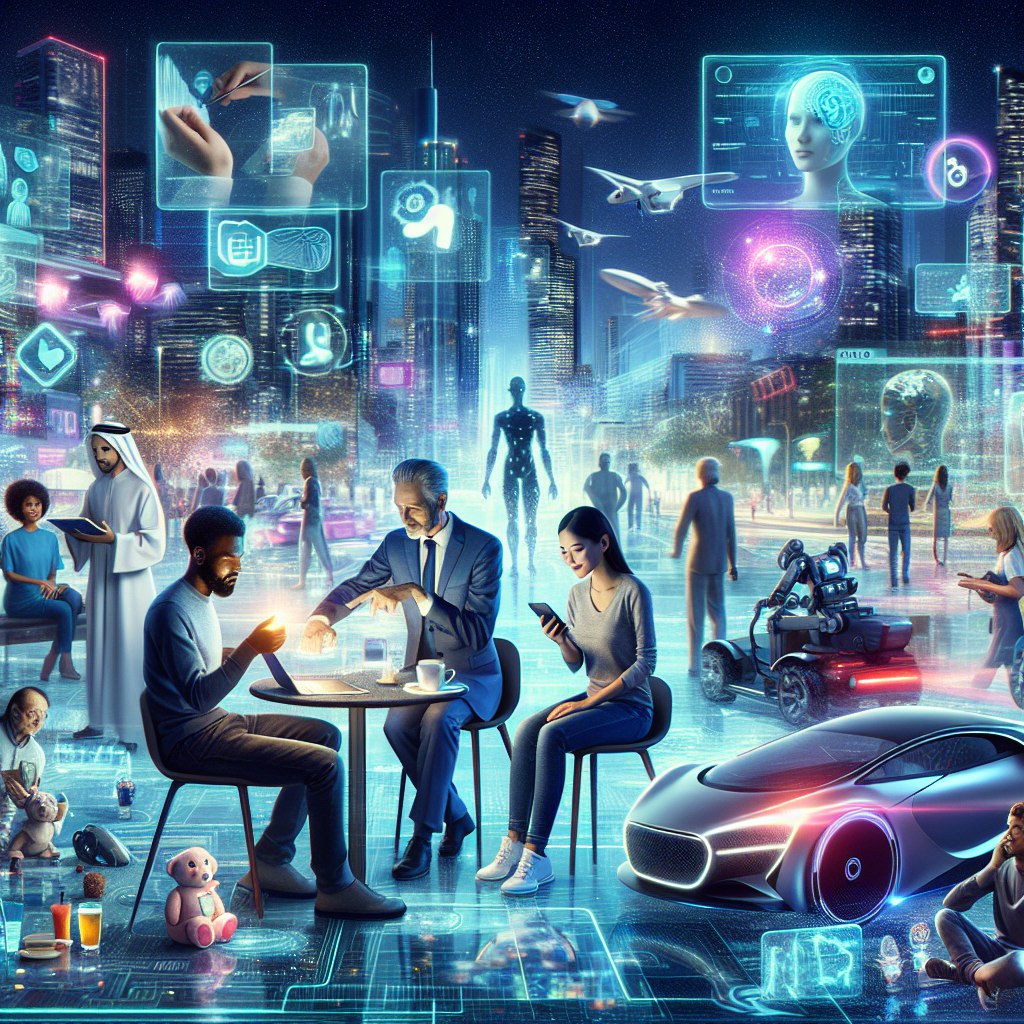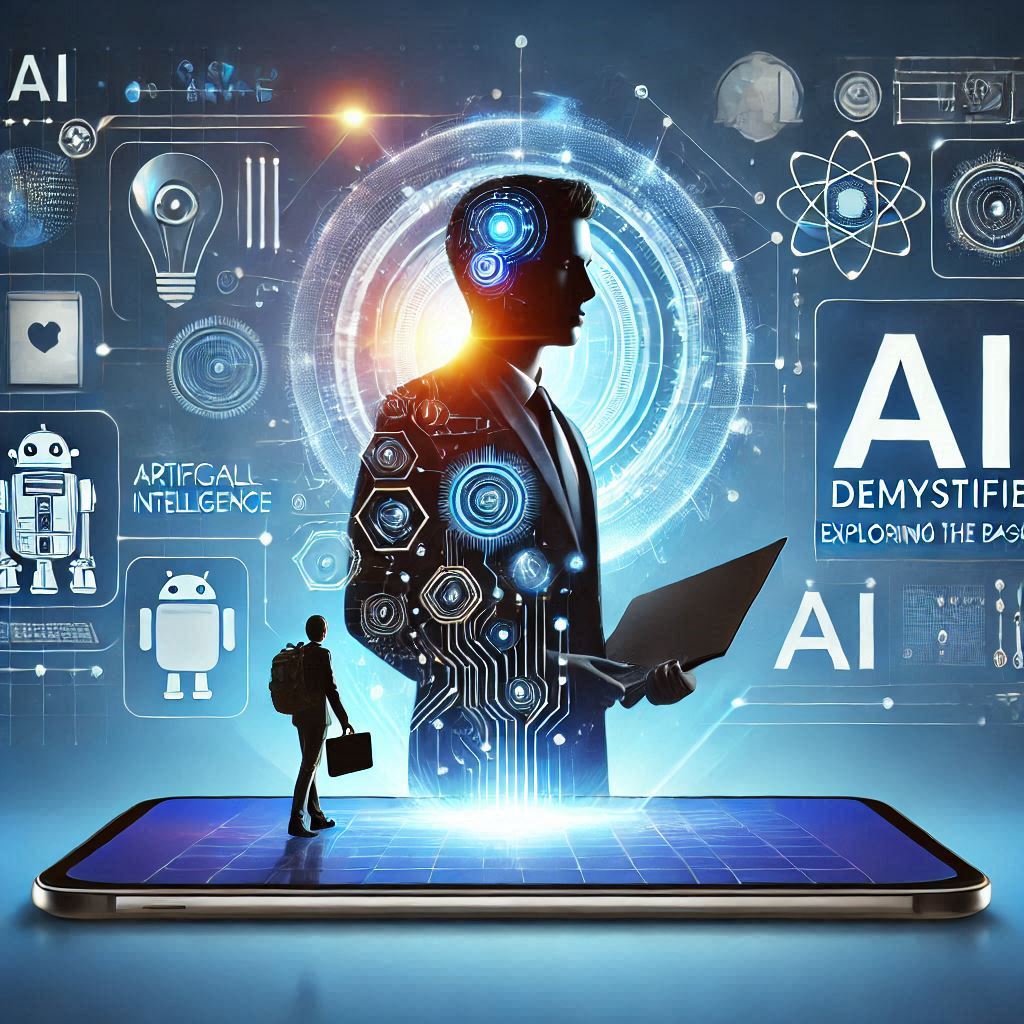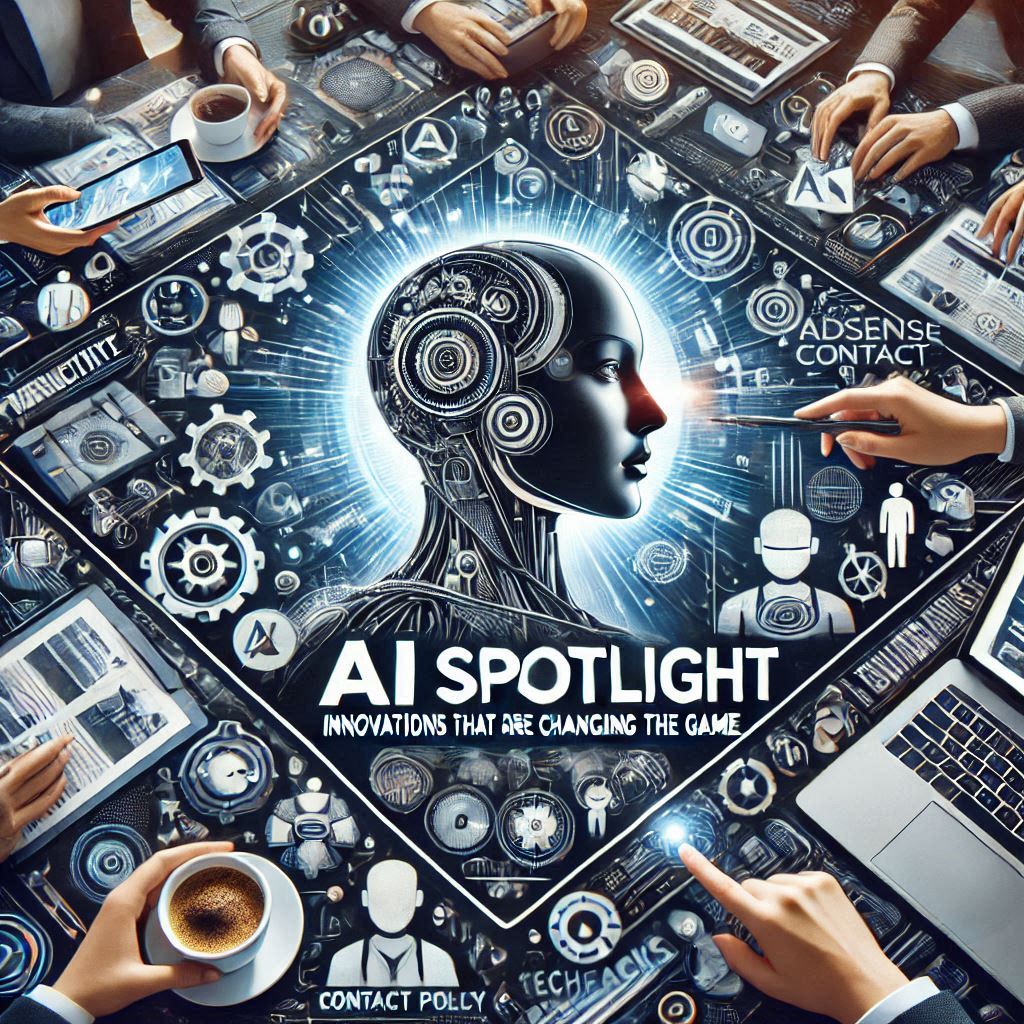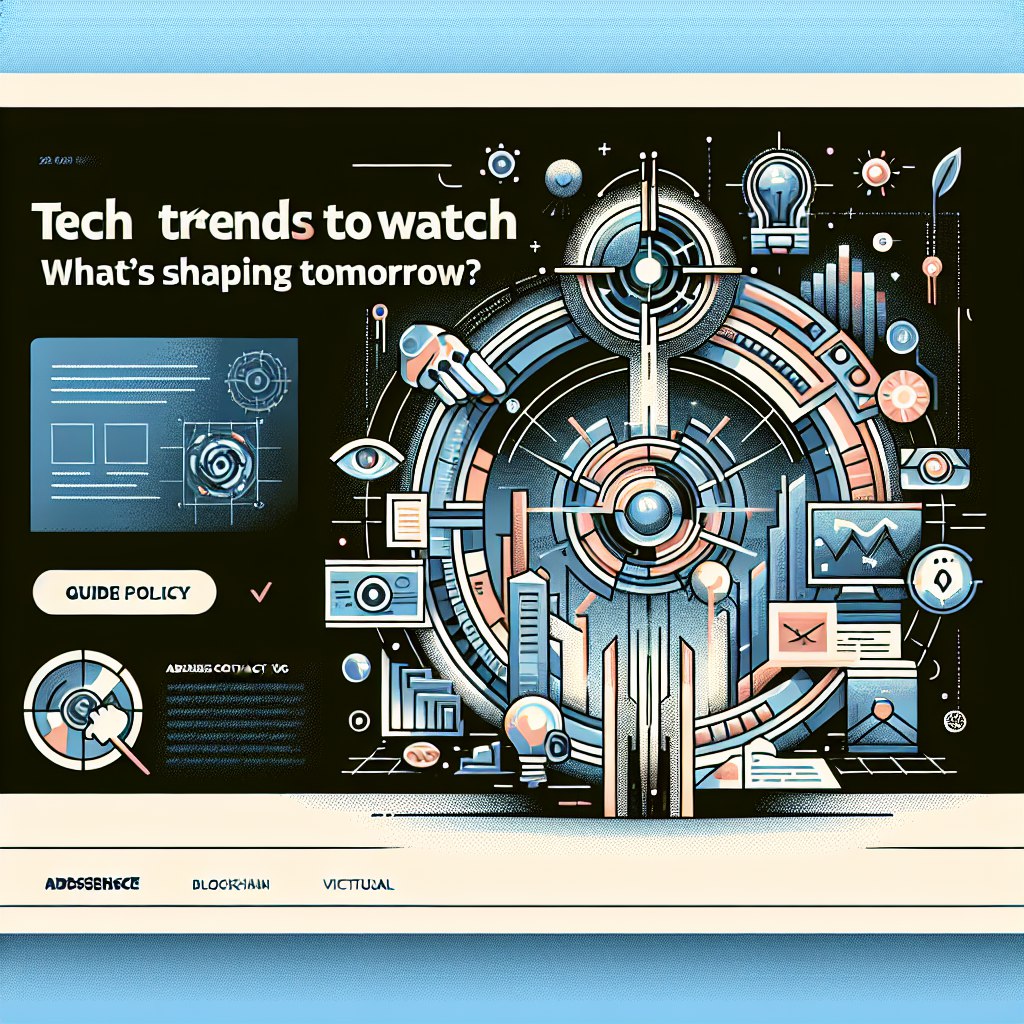Artificial intelligence (AI) is no longer a concept found only in science fiction novels; it has become a significant part of our daily lives. From virtual assistants like Siri and Alexa to sophisticated algorithms that help businesses make data-driven decisions, AI is revolutionizing numerous industries. But as we embrace this technological advancement, we must ask ourselves: Are we truly ready for the future that AI promises?
The rapid development of AI technologies presents both incredible opportunities and challenges. As we navigate this exciting landscape, it is essential to consider the implications of AI on society, the economy, and our everyday lives.
Understanding AI
AI refers to the development of computer systems that can perform tasks typically requiring human intelligence. This includes processes such as learning, reasoning, problem-solving, and perception. Machine learning, a subset of AI, focuses on the ability of systems to learn from data and improve their performance over time without being explicitly programmed.
The applications of AI are vast and varied. In healthcare, AI assists in diagnosing diseases and personalizing treatment plans. In finance, algorithms analyze market trends and detect fraudulent activities. In transportation, self-driving vehicles promise to change the way we commute. As these technologies become more integrated into our world, their potential continues to expand.
Opportunities Presented by AI
The rise of AI brings numerous benefits across different sectors. Healthcare professionals can leverage AI to analyze medical images with remarkable accuracy and speed, significantly improving patient outcomes. In agriculture, AI-driven tools optimize crop management and increase yields, addressing the global food challenge.
The business world also stands to benefit. AI can automate repetitive tasks, freeing up employees to focus on more critical aspects of their work. This not only increases efficiency but also leads to cost savings that can boost profitability.
Moreover, AI enhances customer experience by providing personalized recommendations based on user preferences and behaviors. As businesses harness AI’s capabilities, they can deliver more tailored services, leading to increased customer satisfaction and loyalty.
Challenges and Ethical Considerations
Despite the many advantages, the rise of AI raises important ethical questions and challenges. Concerns surrounding privacy and data security have become increasingly prominent. As AI systems rely on massive datasets, the potential for misuse of personal information is a significant issue that must be addressed.
Job displacement is another critical concern. As AI automates tasks once performed by humans, there is potential for job loss in various sectors. It is crucial for society to consider how to reskill and prepare the workforce for this changing landscape to minimize the negative impacts of automation.
Additionally, the question of bias in AI algorithms cannot be ignored. If the data used to train AI systems contains biases, the resulting outputs may perpetuate or even exacerbate existing inequalities. Ensuring fairness and accountability in AI development is imperative for creating systems that serve everyone equitably.
Are We Ready for the Future?
As AI continues to advance, readiness for its implications will require a multifaceted approach. Policymakers, educators, businesses, and individuals must collaborate to create frameworks that ensure responsible use of AI technologies.
Investment in education and training programs is crucial to prepare the workforce for an AI-integrated future. Equipping individuals with digital literacy and critical thinking skills will be essential for navigating a world where AI plays a significant role.
Moreover, ethical guidelines must be established to govern AI development and deployment. By prioritizing transparency, accountability, and inclusivity, we can build systems that uphold the values of fairness and respect for all individuals.
Conclusion
The rise of AI presents both extraordinary opportunities and complex challenges. As we embrace these innovations, it is essential to approach the future with a sense of responsibility and preparedness. By addressing the ethical implications of AI and investing in education and reskilling programs, we can ensure that the benefits of AI are realized while minimizing its risks.
By fostering a culture of collaboration and continuous learning, we can navigate the evolving landscape of AI and create a future that is inclusive, equitable, and beneficial for all.





